Foam in Metalworking Fluids
Why it's a major problem and how to prevent it.
Foam in metalworking fluids
August 2021
WHY IS FOAM A PROBLEM?
Foam and metalworking fluids are not a very good combination. Because of the constant agitation and circulation of water dilutable metalworking fluids, if given the right conditions and chemistry, foam can easily form in most metalworking operations.
The basic problems with foam are –
- Inhibits lubrication
- Inhibits cooling properties
- Increases volume
- May float chips
- Can contribute to misting and odor issues
- If sucked into pumping systems can cause cavitation and damage to equipment
Besides being a maintenance issue, foam generation can also result in loss of lubrication and cooling functions, thereby affecting production. How systems are formulated will also determine their foaming capabilities. The soaps, wetting agents and couplers used as emulsifiers in water miscible fluids reduce surface tensions significantly. With this reduction in surface tension, the fluid becomes more prone to foaming when subjected to shear and turbulence. Many emulsifiers and lubricity additives are surface active products which may not produce foam in stagnant systems, but will readily foam in recirculating, spraying, and agitating systems.
HOW AND WHY FOAM FORMS
For foam generation to occur, several conditions must be present
- Agitation or fluid movement must be present
- The moving fluid must be exposed to air
- The metalworking fluids will then trap and entrain air
In many cases, foaming issues can be attributed to “mechanical” issues that are easily remedied. It is important to look for these characteristics of the systems where the problem occurs.
The following examples of mechanical issues could contribute to foam generation-
- Leakage in valve stems from loose packings
- Leakage by pump shaft packings
- Leakage in piping, rotary unions, or other connections
- Pin holes in hose or tubing
- Bypass valves being closed too much producing back pressure
- A pump which is oversized for the job so that it churns the system
- Sump which is too shallow or pump set too high so that it sucks in air
- Coolants pump running in the wrong direction
Excessive cascading (waterfall effect) of the coolant to the tank surface
EVALUATING THE CAUSE OF FOAM
When evaluating possible causes of foam generation from the fluid side, the following should also be noted-
- Fluid foam characteristics are adequate for operation
- Concentration is being maintained at recommended range
- Is tramp oil contamination present? Can it be minimized/eliminated?
- Floor soap or cleaner fluid contaminants are eliminated
- Water quality is good- Softer waters, Use of DI/RO waters will increase foam tendency
- Proper coolant concentrate mixing procedures have been followed
- Misuse or over use of defoamers
- Carryover from previous operations that can contribute to foaming
HOW TO ELIMINATE AND PREVENT COOLANT FOAM
High coolant flow rates, pressures, and flows have always been required for gun and ejector drills. Today, more and more CNC operations have found that the higher speed setups will result in higher productivity. Because of this, it is important to select coolants that have been specifically formulated to produce low or no foaming in such operations.
Let's Connect!
Please tell us how to best get ahold of you and your area of interest. We will have someone reach out very soon. Thank you!
Company Contacts
Ashburn Chemical Technologies wants to make sure you get the information you need and that your questions are answered. Please fill out the contact form, email us, or give us a call at the number below.
7403 Wright Road, Houston, Texas USA 77041
+1 (832) 399-1000
+1 (832) 399-1010
Communications@ashburnchemical.com

Customer COVID-19 Communication
Ashburn Chemical Technologies is open for business and continues to provide our FLUID360 Solutions to Protect Your Production. Based on the DHS standards, Ashburn is considered an essential and critical business because we support the continued safe operations and critical supply chains of various essential industries. Please click here for more information.

About Us | News | Careers | Legal | Privacy Policy | Cookie Consent | Partner Portal
© Copyright 1968-2022 Ashburn Industries, Inc. All rights reserved. All logos are property of their respective owners.